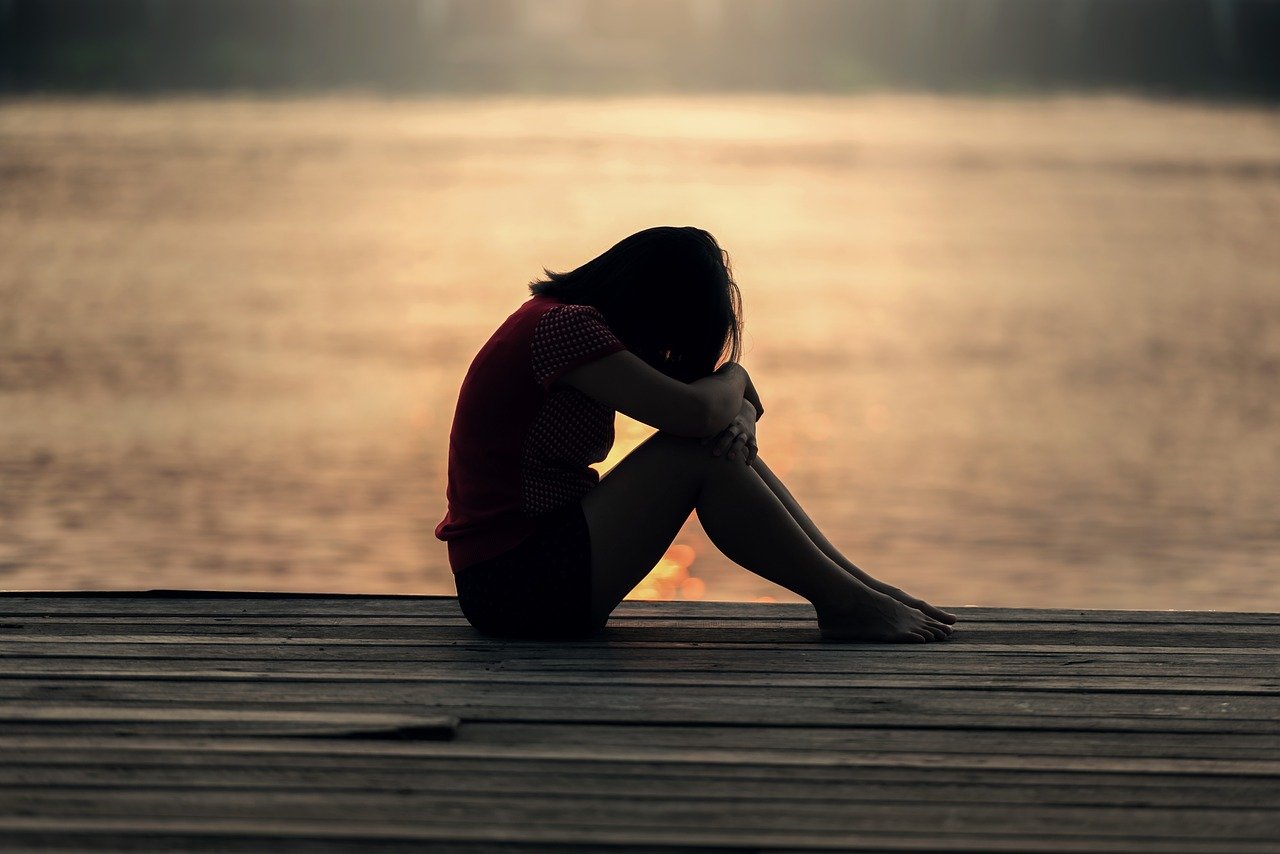
1
If you feel like you have not lived up to the standards that you've set for yourself as a human being, remember this:
Who you are is also who you want to be. We are not only our actions, but our thoughts and will and desires.
And every day at each critical moment you must ask yourself, "What would the person I want to be, be doing in this situation?"
Then you do that. And you keep doing that until it becomes second nature.
And each day you step a little more into a comfortable skin, into a life worth living.
2
I will repeat this, because it is important. This is the solution to fixing your problems:
First, you stop panicking.
Then, you remember that you are in control and that it is possible to get better.
Then, you do what needs to be done.
Repeat these steps for the rest of your life.
3
My main issue with books about PTSD (And why I'm writing this series) is that they're often focused on the trauma, and the pain that came from the trauma.
Then the 'recovery' is relegated to a few chapters at the end, or a brief aside.
(Except for 'The Body Keeps the Score', which is an excellent book about PTSD and I highly recommend everyone who has possible issues with PTSD to check it out.)
Oftentimes it's because the trauma is the juicy part. That's what makes the story. And recovery can be an ephemeral, personal thing that's difficult to put into words. Oftentimes people don't know how they -got- better, just something snapped one day and they realized they couldn't live like that. So it becomes an afterthought, a prologue.
But people like me are often left feeling confused.
So that's why I wrote this series-
To show that recovery can be as brilliant and interesting as the struggle itself.
We carry the glowing seed of hope across the desert and we plant it and nurture it to build a life out of a fantastical dream.
4
I don't want to get into the reasons why I have PTSD because I feel like they're irrelevant. The basic gist is that it came from childhood trauma.
I used to go to therapists who'd want to endlessly rehash my trauma. I understand that it can be good to share those things with someone if you've kept them bottled up inside of you for years, to release the weight that you've been carrying for years. But just talking about the trauma doesn't magically heal it, and having a revelation that something hurt you very badly is only the first step in a long road to mending the hurt.
And I have to be honest, I'm afraid to show my diary entries and my memories of the past. I am no contact with my mother and step-dad, but I know that they hunt for me me online and search for any mentions of them. They've threatened me with legal action in the past for talking about them, and I have the emails that they sent where they deny everything, tell me that I am a liar, and that "my creative license should be revoked." Yes, I admit, I am afraid because I don't want to spend another night sobbing on the floor the next time they send me an email.
The last time that happened, I drank all of my roommate's beer (I did apologize and offer to rebuy it for him), and vomited so hard that I got acid burns on my throat that lasted for three weeks. Maybe one day I won't feel the wracking pain through my body everytime they contact me - but that will come later.
The trauma itself isn't important. What's important is how you deal with it afterwards.
So as it in stories: The preceding event is what causes all actions to collide into the crucial decision. We've been derailed on the train/the airplane has crashed/the partner has left/our house has burned down.
What do we do next? How do we react? How do we rebuild our lives from the smattering of atoms and the obliteration of everything we loved/cared for/desired/needed?
That's what defines who we are, not the trauma itself.
